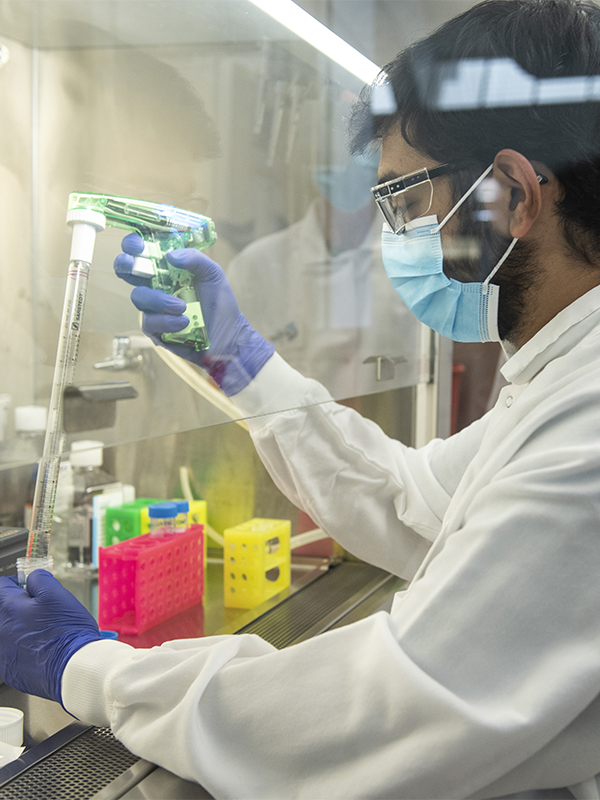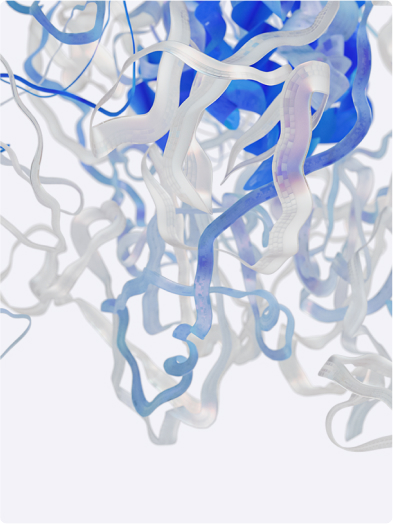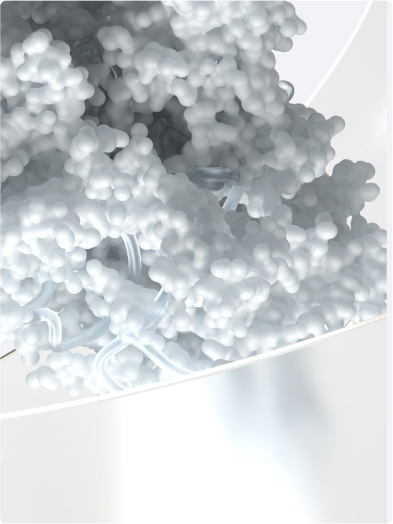- What Causes Infection?
Infectious diseases are caused by pathogens invading the body.
They fall into four major types.
Bacterial infections range from relatively minor such as skin or gastrointestinal infections, to serious and life-threatening, such as bloodstream infections or pneumonia. Most bacteria are classified as Gram-positive or Gram-negative.
Fungal infections range from athlete’s foot or vaginal thrush to life-threatening, invasive infections in immunocompromised patients, such as those with cancer.
Viral infections range from common, self-resolving colds, to serious, long-term infections like hepatitis C. Vaccinations can help prevent viral infections from occurring in the first place.
Parasitic infections can affect anyone, anywhere, but are a particular burden on people living in the tropics and subtropics. They’re caused by an organism living on or in a host and include malaria, toxoplasmosis, and intestinal worms.
- What Are Anti-infectives?
Anti-infectives are medicines that work to help treat infections. They include antibacterials, antivirals, antifungals, and antiparasitic medications
- Why Are Anti-infectives so Important?
Anti-infectives have revolutionized healthcare.
Thanks to anti-infective therapies, we now can:
- Treat minor infections and many serious infectious diseases, like pneumonia or tuberculosis.
- Perform routine procedures and complex surgery, such as cesarean sections or joint replacements, which carry a risk of serious infection.
- Give vital immuno-suppressive treatments, like chemotherapy, to people with cancer
- What Is an Antimicrobial Resistant Infection?
Antimicrobial-resistant infections are those where the pathogen no longer responds to the anti-infective being used as treatment.
Alarmingly, many anti-infectives are losing their effectiveness due to Antimicrobial Resistance (AMR), which, in turn may cause infections to become increasingly difficult or impossible to treat.
AMR is therefore widely recognized as one of the biggest threats to global health today.
A continued rise in AMR could take 10 million lives globally each year by 2050 – more than currently die from cancer.
Anti-Infective Resources
Anti-infectives underpin modern medicine as we know it, treating or even curing many kinds of infection. Find out how we’re helping to ensure that patients have access to critical anti-infective therapies, and how we’re fighting back against Antimicrobial Resistance (AMR).
Areas of Focus
Revolutionary medicines enable us to enrich and extend life for people suffering from all types of diseases.
How Drugs Are Made
The medicines available today have taken an average of 12 years to develop. With dedication, creativity, and science we can significantly cut that time.








